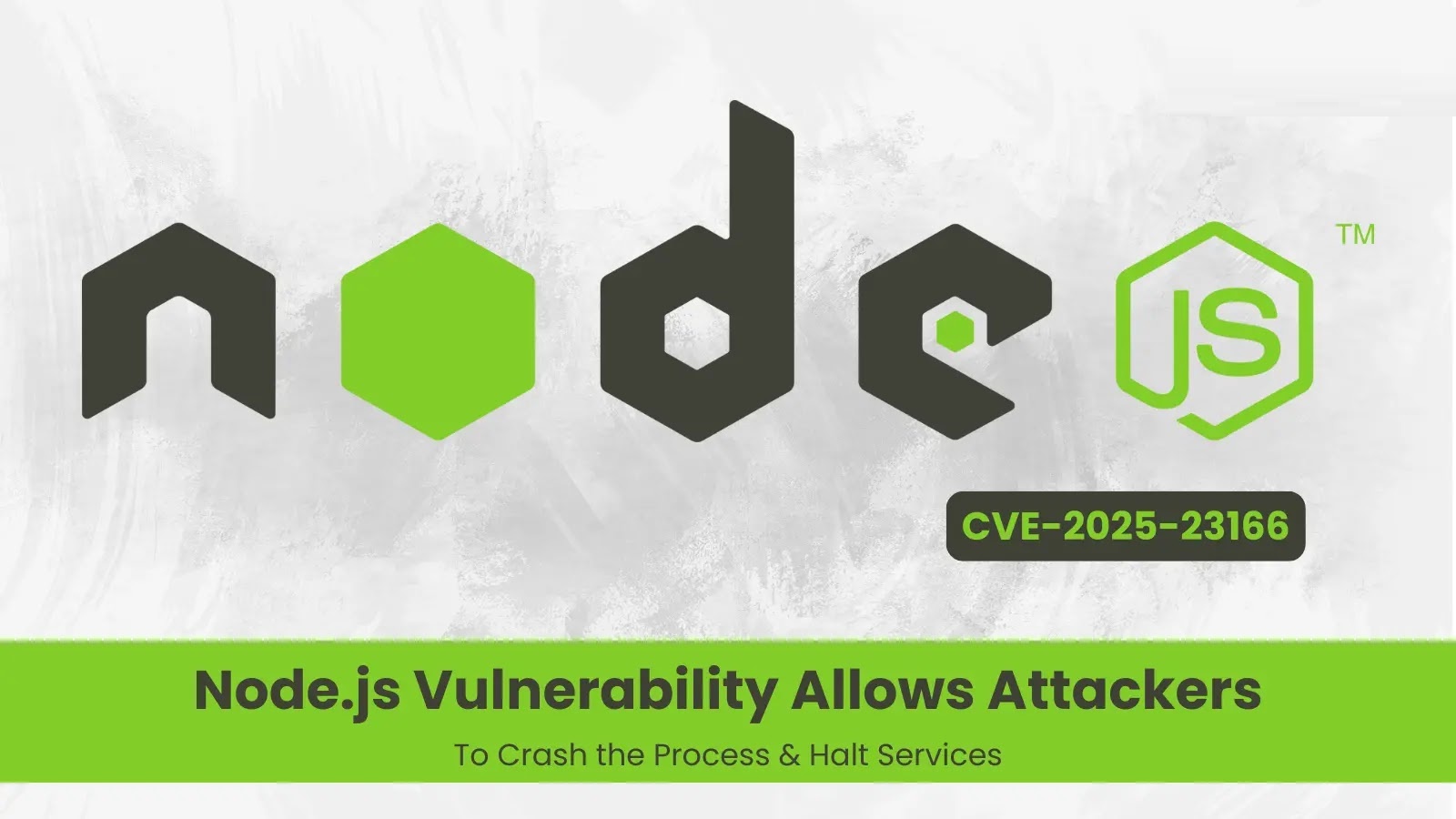In the rapidly evolving digital landscape, generative AI tools like ChatGPT have become integral to workplace productivity. However, a recent study has unveiled a significant security concern: a substantial number of employees are inadvertently exposing sensitive company information through these platforms.
The Rise of Generative AI in the Workplace
Generative AI has seamlessly integrated into daily business operations. The study indicates that 45% of enterprise users actively engage with AI platforms, with ChatGPT leading the charge, accounting for 43% of overall employee usage and representing 92% of all generative AI activity within organizations. This rapid adoption places AI tools on par with traditional enterprise applications like email and file sharing.
Alarming Data Exposure Trends
The study’s findings are concerning:
– Widespread Data Sharing: 77% of employees regularly input data into generative AI tools.
– Lack of Oversight: 82% of this data-sharing occurs through unmanaged personal accounts, circumventing corporate monitoring mechanisms.
This behavior has positioned generative AI as the primary conduit for unauthorized data transfer, accounting for 32% of all unsanctioned data movement outside corporate environments.
Financial and Compliance Implications
The repercussions of this data exposure are profound:
– Sensitive Information at Risk: 40% of files uploaded to generative AI platforms contain personally identifiable information (PII) or payment card industry (PCI) data.
– Regulatory Concerns: 22% of data pasted into these tools includes sensitive regulatory information.
Such exposures pose significant risks for organizations subject to data protection regulations like GDPR, HIPAA, or SOX compliance requirements.
Unauthorized Access and Identity Management Challenges
The study highlights a critical issue in identity management within enterprises:
– Personal Account Usage: 67% of generative AI access occurs through unmanaged accounts outside corporate identity systems.
– Broader Application Impact: This trend extends to other business-critical applications, including Salesforce (77% non-corporate access), Microsoft Online (68% non-corporate), and Zoom (64% non-corporate).
Even when corporate credentials are used, authentication weaknesses persist. The study found that 83% of ERP logins and 71% of CRM access occur without single sign-on (SSO) federation, effectively treating corporate accounts like personal ones. This creates significant visibility gaps where sensitive business workflows operate outside IT oversight and security controls.
The Copy-Paste Conundrum
The act of copying and pasting data presents a significant security challenge:
– High Frequency: Employees average 46 paste operations daily.
– Personal Account Activity: Personal accounts generate an average of 15 pastes per day, with at least 4 containing sensitive data.
Popular destinations for this data include ChatGPT, Google services, Databricks, LinkedIn, Snowflake, and Slack. This routine activity facilitates the flow of corporate information into various external platforms, often bypassing traditional data loss prevention (DLP) systems entirely.
Messaging Applications: A Double-Edged Sword
Chat and instant messaging applications further compound these risks:
– Unmanaged Accounts: 87% of activity occurs through accounts not managed by the organization.
– Sensitive Data Exposure: 62% of users paste PII/PCI data into these platforms.
This combination of high personal account usage and frequent sensitive data exposure makes messaging apps among the most dangerous channels for unauthorized information transfer.
Recommendations for Mitigating Risks
To address these challenges, organizations should consider the following measures:
1. Implement Robust Data Loss Prevention (DLP) Systems: Deploy advanced DLP solutions capable of monitoring and controlling data transfers across all platforms, including generative AI tools and messaging applications.
2. Enforce Strict Access Controls: Ensure that all enterprise applications, including AI platforms, are accessed through managed corporate accounts with single sign-on (SSO) federation to maintain oversight and control.
3. Educate Employees: Conduct regular training sessions to raise awareness about the risks associated with sharing sensitive information on external platforms and the importance of adhering to corporate data security policies.
4. Monitor and Audit Usage: Continuously monitor and audit the use of generative AI tools and other external applications to detect and address unauthorized data sharing promptly.
5. Develop Clear Policies: Establish and communicate clear policies regarding the use of generative AI tools and the handling of sensitive information to ensure compliance and reduce the risk of data breaches.
Conclusion
The integration of generative AI tools like ChatGPT into the workplace offers numerous benefits but also introduces significant data security challenges. The study’s findings underscore the urgent need for organizations to implement comprehensive strategies to mitigate the risks associated with unauthorized data sharing through these platforms. By adopting robust security measures and fostering a culture of data protection, enterprises can harness the advantages of AI while safeguarding their sensitive information.



